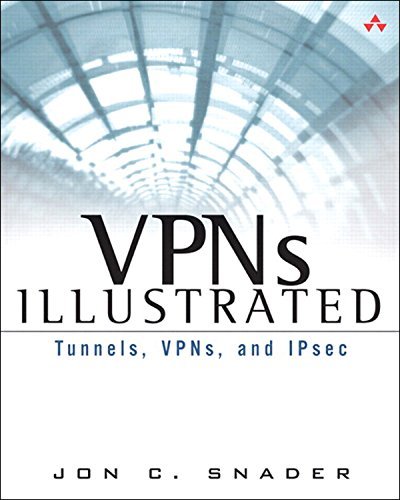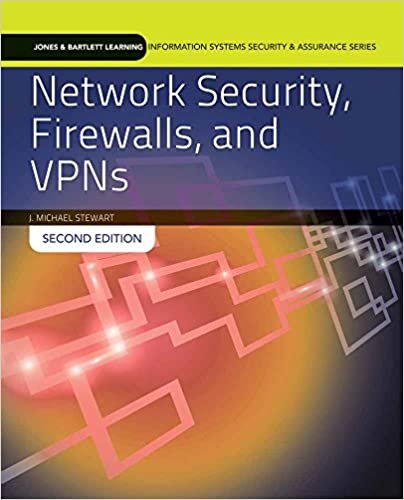SSL VPN vs IPSec VPN: What’s the Difference? 09/04/2023 – Posted in: Network, Technology – Tags: IPSec VPN, SSL VPN, VPN configuration, VPN protocols, VPN security
Virtual private networks (VPNs) are a popular way to connect to a private network securely over the internet. There are two types of VPNs: SSL VPNs and IPSec VPNs. In this blog post, we will discuss the differences between SSL VPNs and IPSec VPNs and help you choose the right VPN for your needs.
SSL VPNs use the SSL/TLS protocol to encrypt data between the client and the server. The SSL VPN client runs on the user’s device and connects to the SSL VPN gateway on the organization’s network. Once the connection is established, the user can access the organization’s network resources securely. SSL VPNs are easy to set up and configure, and they can be used on a wide range of devices, including laptops, tablets, and smartphones.
IPSec VPNs, on the other hand, use the IPSec protocol to create a secure connection between the client and the server. The IPSec VPN client runs on the user’s device and connects to the IPSec VPN gateway on the organization’s network. Once the connection is established, the user can access the organization’s network resources securely. IPSec VPNs are more complex to set up and configure than SSL VPNs, and they require dedicated hardware or software to run.
One of the main differences between SSL VPNs and IPSec VPNs is the level of security they provide. SSL VPNs use SSL/TLS encryption, which is considered to be secure and reliable. However, SSL/TLS can be vulnerable to attacks such as man-in-the-middle attacks, where an attacker intercepts and modifies data exchanged between the client and the server. IPSec VPNs use strong encryption algorithms and are considered to be more secure than SSL VPNs. They are less vulnerable to attacks such as man-in-the-middle attacks, as they use digital certificates to authenticate the client and the server.
Another difference between SSL VPNs and IPSec VPNs is their compatibility with different devices and operating systems. SSL VPNs are more flexible and can be used on a wide range of devices, including laptops, tablets, and smartphones. IPSec VPNs, on the other hand, are less flexible and require dedicated hardware or software to run. They are typically used on desktop computers or dedicated VPN routers.
SSL VPNs are also easier to manage and maintain than IPSec VPNs. SSL VPNs use a web-based interface that allows administrators to manage and configure the VPN gateway and the client software. IPSec VPNs require more advanced knowledge and skills to set up and maintain, as they use a command-line interface and require more complex configuration settings.
In conclusion, both SSL VPNs and IPSec VPNs provide secure access to private networks over the internet. SSL VPNs are easier to set up and configure, and they can be used on a wide range of devices. IPSec VPNs, on the other hand, provide a higher level of security and are less vulnerable to attacks. They require more advanced knowledge and skills to set up and maintain, and they are typically used on desktop computers or dedicated VPN routers.


